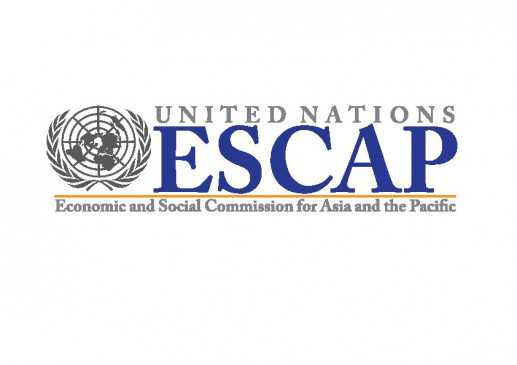Bangladesh enters era of paperless trade from today

Image: Collected
Bangladesh enters the period of paperless trade today seeing as member countries of the World Trade Organisation (WTO) decided to it to reduce hassles found in cross-border trade and expedite customs activities.
The paperless trade facilitation -- targeted at accelerating the implementation of digital trade facilitation measures for trade and creation -- will certainly reduce time and harassment in export and import of goods, especially in much less produced countries as the bureaucratic red tape sometimes delays trade activities, increases trade costs and deteriorates the standard of goods.
As per requirement, a third of the customers of the WTO ratified the Trade Facilitation Arrangement (TFA) and it'll come into effect from today, commerce ministry said found in a statement yesterday.
Earlier, the WTO customers concluded negotiations at the 2013 Bali Ministerial Conference on the landmark Trade Facilitation Contract (TFA), which arrived to force about 22 February 2017 following its ratification by two-thirds of the WTO membership. The TFA is an outcome of the WTO's Doha Production Agenda (DDA).
The TFA contains provisions for expediting the movement, release and clearance of goods, including goods in transit. In addition, it sets out measures for successful cooperation between customs and additional appropriate authorities on trade facilitation and customs compliance concerns. It even more contains provisions for technological assistance and capacity setting up in this place, according to WTO.
Estimates exhibit that the entire implementation of the TFA could reduce trade costs by typically 14.3 percent and raise global trade by up to $1 trillion each year, with the biggest benefits in the poorest countries.
The Framework Arrangement on Facilitation of Cross-border Paperless Trade in Asia and the Pacific will come into force from today.
At the US Economic and Social Commission for Asia and the Pacific (ESCAP), in 2016, member States adopted the Framework Agreement on Facilitation of Cross-border Paperless Trade in Asia and the Pacific to accelerate trade digitalisation - the electronic exchange of trade-related data across borders.
A lot more than 25 countries worked mutually to develop the treaty, which is currently open up for accession to all or any 53 participants of ESCAP, the ministry declaration also said.
The five countries which have ratified or acceded to the treaty -- Bangladesh, Azerbaijan, China, the Islamic Republic of Iran and the Philippines -- are focused on regional cooperation in this critical area.
Armenia and Cambodia signed the treaty found in 2017 while several other ESCAP members are actually along the way of completing their accession this season.
A study by UNESCAP finds that, if Bangladesh implements WTO TFA as well as cross-border paperless trade methods, it might achieve trade expense reductions of 33 percent if it is aimed at basic compliance with the TFA.
This amounts to potential trade transaction cost benefits of more than $0.7 billion each year. As Bangladesh prepares for the graduation from minimal Developed Nation category, the Framework Contract, with its complex assistance and cooperation plans, can help Bangladesh to better plan graduation from Least Developed Region, compensating affect from losing preferential marketplace access.
Through implementation of Cross-border Paperless Trade Contract Bangladesh may make additional stride in "Ease of Doing Organization Index" and also can attract extra Foreign Direct Investment (FDI).
Source: https://www.thedailystar.net
Previous Story
- Circular economy on RMG: Reducing and reusing waste...
- Vietnam stole a good march on Bangladesh in...
- Post-LDG export loss may create latest poor
- Pandemic caused a bigger blow to Bangladesh’s exports...
- Commerce Minister: DITF to be held if Covid-19...
- Customs delay bites Bangladesh businesses
- Restructuring export basket on lines of Bangladesh need...
- Rising Bangladesh exports keep lessons for India: Eco...